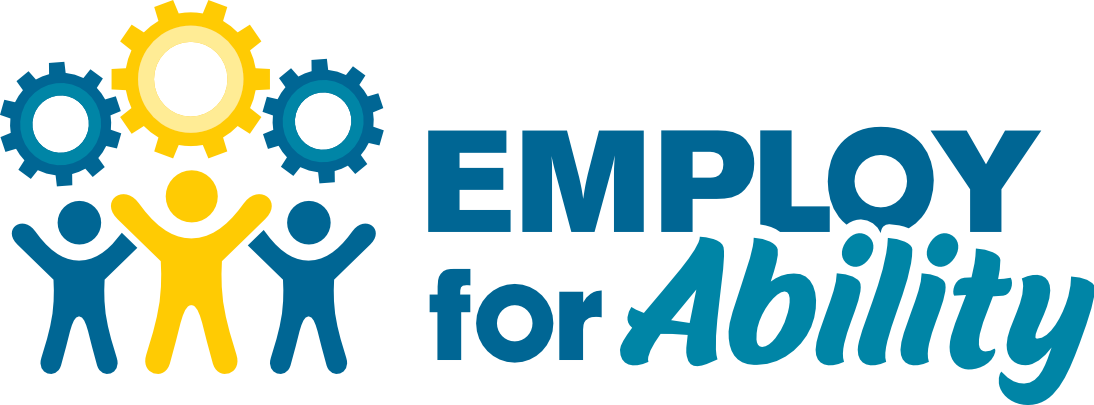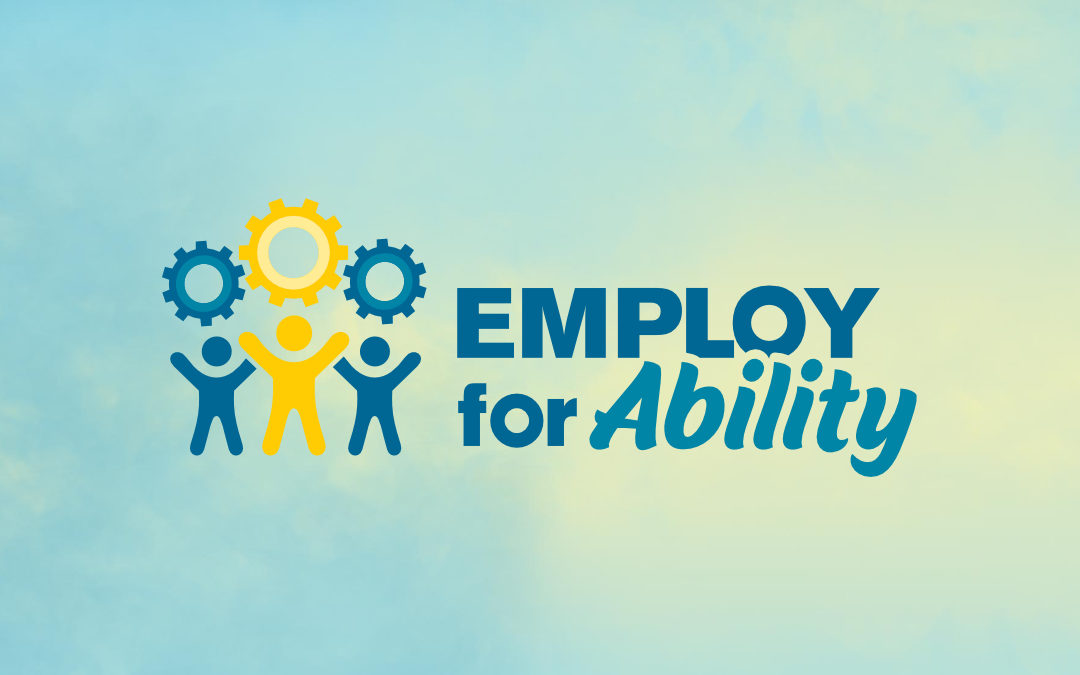This week I commenced a defining step in my career to help build the Neurodiversity employment market; one placement at a time.
I did not realise it at the time, but my journey began when our third child, Ollie was born. Annie and I knew he was different to his older brother and sister, but when he was diagnosed with Autism at age 4, we went through the roller coaster of emotions all parents would experience. What does this mean for our son? Will he have a “normal” life? Will he get a job and reach his potential? What will this mean for our family?
As a family we have grown to understand Autism and to see the strengths Ollie has. His delightful happy attitude, his sense of equality and justice, his inability to tell a lie and his passion for following routines, yet still forgetting to empty the dishwasher highlight his diverse personality. He is a blessing and intrinsic part of my life and the reason I purposely started my Neurodiversity employment journey in 2016.
What is Neurodiversity ?
Neurodiversity is the concept, that neurological differences like Autism Spectrum Disorder (ASD) are part of the normal variation of the human population. It is a component of the social model of disability in comparison to a medical model where we need to find a cure. Autism is characterised by difficulty in social communication, social interaction and restricted or repetitive behaviours and interests. People with Autism are also hard working, loyal, direct, problem solvers, unique thinkers and honest to name a few qualities.
In October 2016, I was fortunate to attend the Oxford Advanced Management and Leadership program at Said Business School, Oxford University. I am very grateful for the opportunity my employer at the time, Peoplebank gave me to have 3 weeks in the UK to think and explore how purpose and leadership can intertwine to create a competitive advantage. Since then Peoplebank has been very supportive of the development of my purpose in the recruitment industry.
Under the guidance of Prof Lalit Johri who is the Director of the Oxford Advanced Management and Leadership Programme I explored competitive advantage in emerging markets and what my social purpose was. Together with my fellow course attendees, we examined case studies on leadership, and what made organisations great. My moment of clarity came when I was talking to a fellow course member, Dr Peter Lawrence who at the time was the CIO of the Australian Defence department. I mentioned I had a son who was on the Spectrum and I was interested in improving the employment rate of people who had Neurodiversity. He mentioned he was sponsoring a pilot program managed by HPE/DXC. I further learned of the assessment programs organisations like Specialisterne have developed internationally that remove the interview, resume and focus on the persons strengths.
There is a saying in the Autism community, if you have met one person with Autism, you have met one person with Autism. I knew about my son Ollie, but I needed a broader understanding of what evidence-based studies existed to improve the placement rate of people who are Neurodiverse. Over the coming months, I spoke to many different organisations who had either started programs or where interested in improving the employment rate of people on the Autism Spectrum. In 2018, I completed a Graduate Certificate in Autism Studies at Griffith University, to learn more about ASD. What I discovered was there is not a lot of research on this topic, and what does exist highlights that supported work programs are the best model to help people. To further grow my knowledge, I commenced a Research Masters in 2019 and my thesis is on Autism, Anxiety and the job search process. I aim to complete this in 2021.
We also know that people with Autism find job search and interviews to be problematic. In Australia 83% of people of working age participate in the workforce, 53% of people with a disability are employed, yet only 41% of people with Autism are employed (ABS, 2015). Employment is counted if you work 8 hours or more per week. It is harder to gain a job if you have autism than if you have an intellectual disability. The unemployment rate for people with a disability is over 31%, 6 times greater than people without a disability.
The typical job search process in Australia involves responding to job ads and if you match the brief, attending an interview. Interviews are a way to measure someone’s suitability for a role by measuring their responses to behavioural questions. It measures a person’s social and communication skills. Skills that people on the Autism spectrum have distinct disadvantages with.
In the words of Kurt Fearnley on The Drum on 10 May 2019, “people with a disability are not disabled because of their deficits, they are disabled because of the way their environment and other people treat them”. If you are in a wheel chair, we know you are disabled, and don’t put “steps” in your way. But with Autism, it is not as visible and we put steps in your way, by insisting on interviews and measuring you against your social and communication skills.
In Australia we have a wave of young people who have been given a diagnosis of Autism Spectrum Disorder who are about to finish school and enter the job market. We need to dramatically improve the placement rate of people with Autism and educate employers on the value they can obtain by hiring people who think differently and can solve problems that other people may not be able too. If we fail to do this not only are people with Autism destined to be long term unemployed, but for those with an NDIS plan, we are building their confidence and capability to enter the workforce only to tell them, you are not welcome.
Following my studies, placement of 46 Neurodiverse people and understanding of the emerging market, I decided to start my own business working with Canberra region employers and people with Neurodiversity to showcase the value Neurodiverse staff provide to organisations. This emerging market is one that will grow rapidly over the coming decades.
The sense of purpose I have experienced in placing people so far has been amazing. Seeing the joy in the faces of the Neurodiverse workers, the transformations in their families and the realisation from employers that what they considered disability employment is actually giving them a competitive advantage has been profound.
The journey has begun, I hope it is a rewarding and fulfilling one that helps a lot of people to reach their potential.
David Smith for Employ for Ability – Linkedin + Facebook
An autism and neurodiversity employment specialist and advocate.
Working for the last 20 years in the recruitment sector coaching and mentoring clients, candidates and staff to reach their potential.

